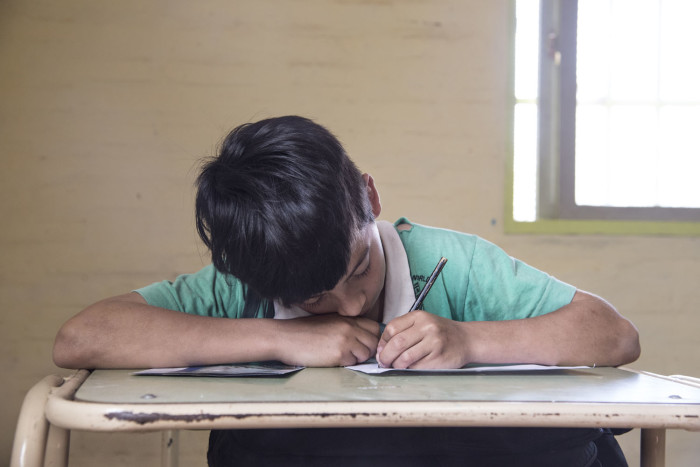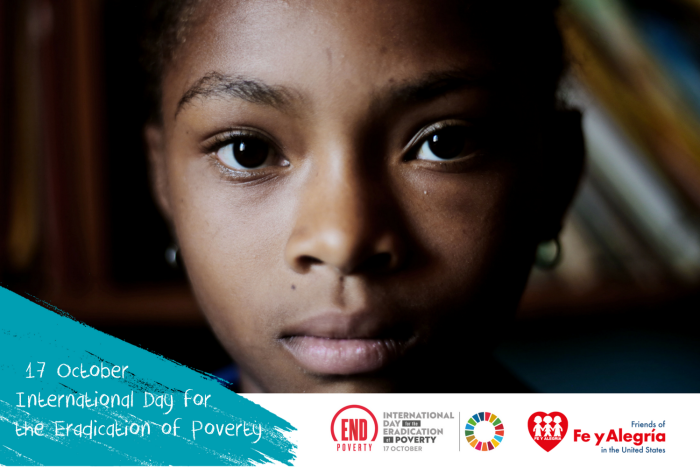[Photo by Monteserín Fotografía for Friends of Fe y Alegría]
Mercedes Alicia Alarcón Romero, an elementary teacher at Fe y Alegría Centro Ongay in Corrientes, Argentina, has been awarded a Fulbright Scholarship to study at George Mason University in Virginia. Alarcón Romero–who has spent the last 12 years as an educator–will join more than 130 teachers and principals from all over the country, where she will be trained in the latest teaching techniques.
“I hope to learn how schools work, how they are organized, and also about how to apply innovative techniques in classroom management and conflict resolution,” said Alarcón Romero of the three week course.
In addition to an excellent opportunity for professional development, “Mrs. Alicia”, as her students call her, sees the scholarship as an opportunity to live out the message she constantly gives her students. “I always encourage my students and young people to continue their education, no matter how old they are.”
Alarcón Romero–who comes from a family of educators and stresses that teaching “is in her blood”–credits her professional development and success to her time with Fe y Alegría. “I am immensely happy working at Fe y Alegría and I feel that everything I have learned and everything I am I owe to them.”
Fe y Alegría was founded in Argentina in 1996 and currently serves more than a 6,700 students in five provinces across the country: Chaco, Corrientes, Jujuy, Salta and Buenos Aires. Over 79% of Fe y Alegría Argentina students receive a formal education, while roughly 21% participate in one of 9 community centers or vocational training centers. For more information, click here.
[This story was adapted from an article written by Periodismo Ciudadano Corrientes. To read the original article in Spanish, click here. To watch an interview between Alarcón Romero and students, click on the video below.]

